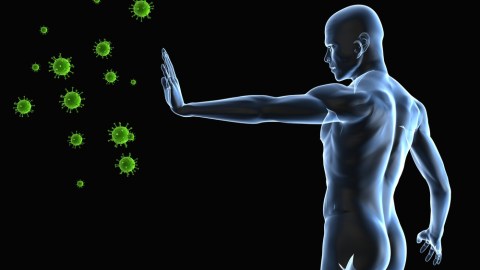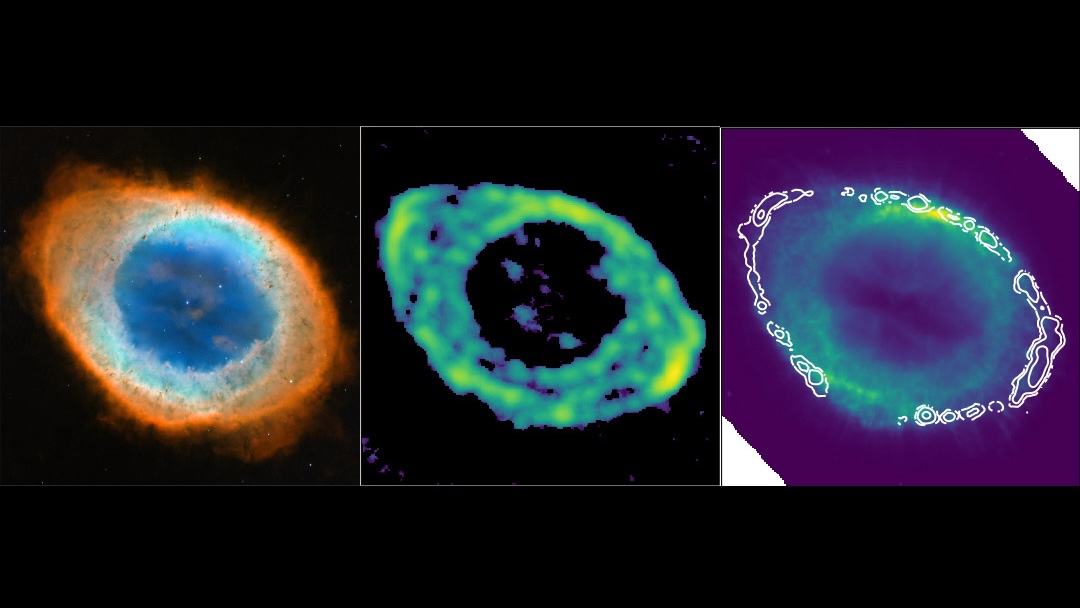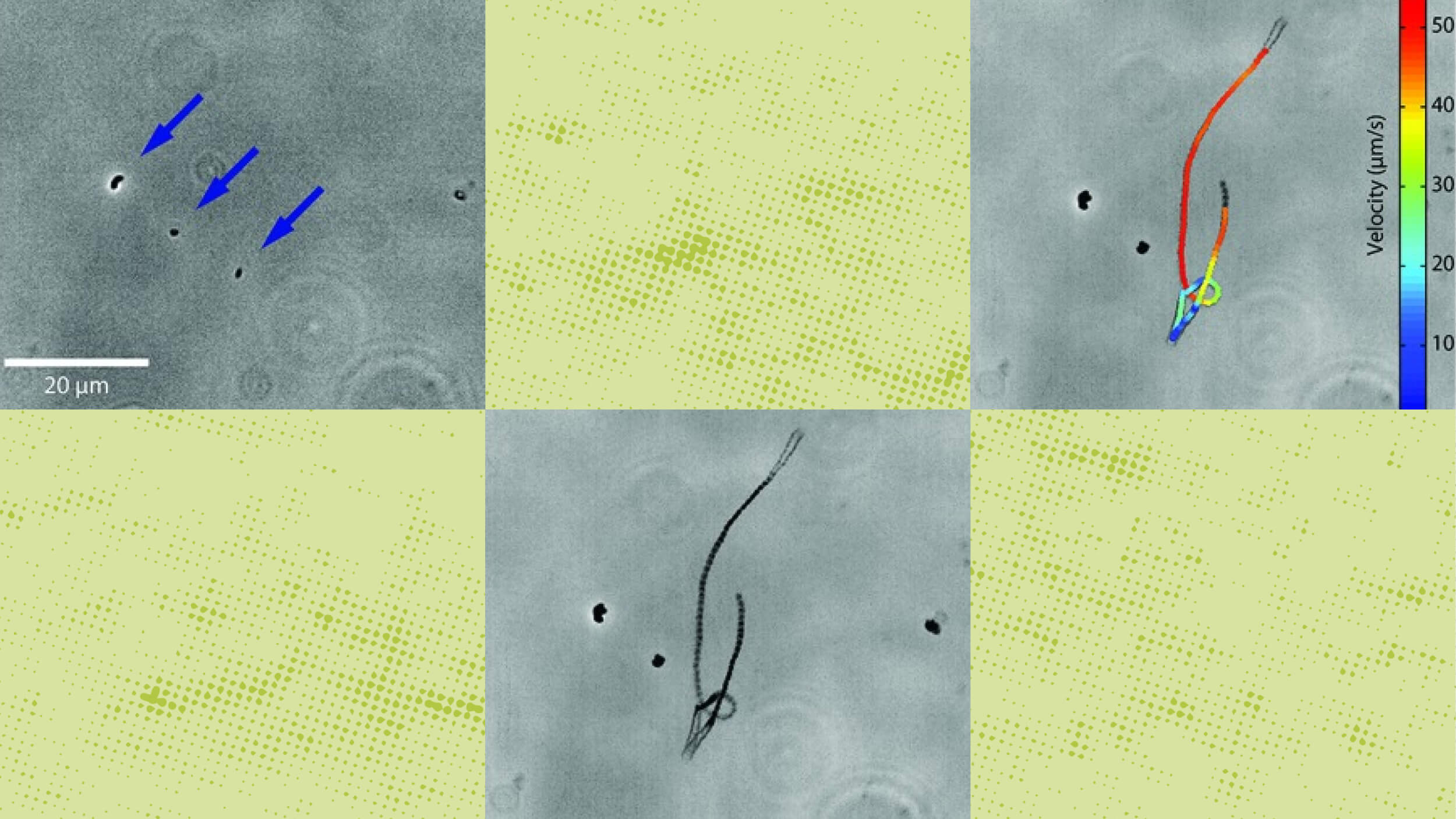Humans: 10% Human and 90% Bacterial

We are moving from a multi-decade focus on killing ALL bacteria via soaps, detergents, antibiotics and hand sanitizer, to a new understanding of the complex bacterial system in our bodies and in the world around us.
We now understand that humans are 90% microbial but only 10% human. The average human has over 100 trillion microbes in and on their body, and many of the latest discoveries are challenging previously held ideas about good and bad bacteria. We are witnessing the shift from a World ruled by the antibacterial obsessed and non-stop antibacterial marketing, to one that has a heightened awareness of the importance of the microbial ecosystem (the microbiome).
In sparks and honey’s recent report, Time to Get Dirty: Why the Ancient Wisdom of Microbes is the Future of Health, we explore five emerging areas that are shaping the conversations and debate around the microbiome.
Understanding an invisible World: microbes have been ignored because they haven’t been understood and because they are invisible to our eyes. This lack of understanding has allowed decades of poor relationships with these microscopic beings. Our modus operandi was to kill them, rather than synchronize with them. The debate over the microbiome will rage on, as the fear of the invisible and little understood will drive the masses in the short-term.
Helicopter parents and Purell: parents have become obsessed with keeping their kids clean – constant washing, sanitizing and keeping the kids out of the dirt. Contrary to popular beliefs, many of these practices not only kill bad bacteria, but also destroy the important good bacteria. Can parents begin to embrace Ancient Wisdom and create a greater balance with the microbial world?
Bacteria and Chronic Illness: Scientists have discovered that allergies, obesity and many other illnesses are linked to our microbiome. We continue to explore the importance of microbe integration during birth, breast-feeding and even contact with nature.
Mapping your MicroBiome: just as we spent the last two decades creating a deeper understanding of our genome, Scientists are now beginning to map our microBiome. Companies such as AmericanGut and uBiome are blazing the trail of microbial research and microbiome mapping.
Microbial Feng Shui: As the latest research in microbiology begins to fuel other industries, we are seeing microbes being leveraged in diet, food, beauty products and even design. Recently, the Ted presentation from Jessica Green explained the important role microbes play in our everyday lives.
This shift is an opportunity to begin to adjust market research, product design, and consumer messaging to work with the recent discoveries in microbiology. Will we soon see a backlash against antibiotics, hand sanitizers, and household cleaning products? Will Modern Families begin to embrace “playing in the dirt” and building a healthy microbial ecosystem for their families?
This backlash will lead to new opportunities for brands that understand how to navigate the shift to a new relationship with our microbiome.
To learn more about the world of the microbe, download our free report here.
sparks & honey is a next generation agency that helps brands synchronize with culture. Follow us on Twitter at @sparksandhoney to stay up to date on the latest high energy trends.
Image courtesy of Shutterstock





